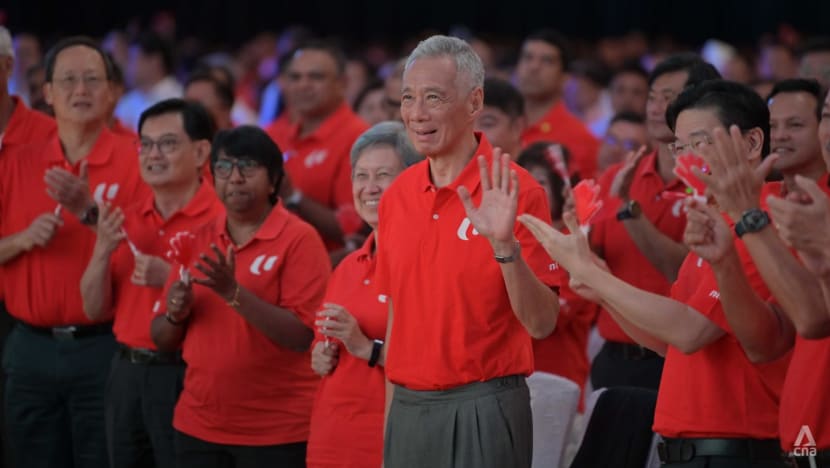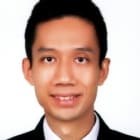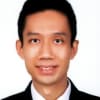Commentary: PM Lee's last major speech connects Singapore’s past success with its future trajectory
Prime Minister Lee Hsien Loong’s last May Day speech gives a broad overview of Singapore’s achievements and the priorities that the incoming 4G leadership must tackle, says Woo Jun Jie of the Lee Kuan Yew School of Public Policy.

Singapore Prime Minister Lee Hsien Loong at the 2024 May Day Rally at Marina Bay Sands Expo & Convention Centre, on May 1, 2024. (Photo: CNA/Raydza Rahman)

This audio is generated by an AI tool.
SINGAPORE: On Wednesday (May 1), Prime Minister Lee Hsien Loong delivered his final May Day rally speech. Given that Deputy Prime Minister Lawrence Wong will take over the leadership baton on May 15, Mr Lee’s speech was also his last major speech as Prime Minister.
In his wide-ranging speech, Mr Lee laid out Singapore’s current socio-economic position and the emerging challenges that Singapore will face going forward.
As Singapore faces an important inflection point with the upcoming leadership transition, Mr Lee’s speech served to bridge the country’s past success and future trajectory.
MILESTONES OF PM LEE’S LEADERSHIP
Mr Lee will be handing over the reins of leadership with Singapore on a solid social and economic footing. Over the past two decades, Singapore has not only weathered severe storms such as the 2007 global financial crisis and the COVID-19 pandemic but rebounded from each crisis and positioned its economy well for the future.
Among some notable initiatives Mr Lee drove were the establishment and development of several key sectors including biotech and pharmaceuticals, information and digital technology, as well as the financial services sector.
Although some of these moves pre-date Mr Lee’s term as Prime Minister, he had been involved in initiating them as part of his leadership of the 2001 Economic Review Committee, when he was Deputy Prime Minister. Under his watch, he carried through these initiatives that subsequently helped transform Singapore’s economy over the next two decades.
Aside from the economy, Mr Lee’s leadership also saw major urban and social transformations that has shaped Singapore beyond just an economically vibrant global city, but one with well-designed, liveable urban areas.
For instance, Singapore’s strong efforts to expand our green and blue spaces is the result of a shift from the “garden city” strategy that was introduced by Lee Kuan Yew at our independence to the “city in nature” strategy that was introduced under Lee Hsien Loong.
In order to see the outcomes of this shift, one only needs to take a walk around lush residential estates such as Bidadari or business districts such as Marina Bay Financial Centre.
To make our city more equitable, the government has invested significantly in an extensive range of social policy measures. The Pioneer Generation and Merdeka Generation Packages, which support seniors’ healthcare needs, are examples of these efforts.
SINGAPORE’S POLICY DNA
In his May Day speech, Prime Minister Lee Hsien Loong emphasised strategic imperatives that remain highly relevant to Singapore’s current and future development.
These are strong social cohesion, the need for long-term planning and high political trust between its leaders and electorate. All three remain critical for Singapore to navigate emerging challenges such as geopolitical strife, deglobalisation and protectionism, and climate change.
The hard truth is that these three strategic imperatives are deeply intertwined. Without the strong political stability and trust that the government enjoys, it will not be possible to maintain Singapore’s long-term planning efforts.
Effective long-term policy planning can, in turn, foster further political trust and social cohesion by ensuring that Singapore functions well.
All three imperatives are deeply embedded in Singapore’s policy DNA. For instance, the Urban Redevelopment Authority (URA)’s Long-Term Plan involves extensive public consultation that seeks to integrate the views and inputs of Singaporeans from all walks of life. This has given rise to public spaces and HDB estates that are thoughtfully designed and accessible to all.
Taken together, these imperatives have allowed Singapore to achieve exceptional levels of economic and social gains. But of all, and if one was pressed to point out the most important of these three, it would most likely be political stability and trust.
MAINTAINING SINGAPORE’S EXCEPTIONALISM
It is key, and perhaps fortunate, that amid this backdrop of political stability and trust, Singapore’s leadership transition is taking place. Singapore’s successes have been bolstered by the labour movement whom Mr Lee was addressing, as well as the public sector and grassroots leaders.
It is fitting that Mr Lee ended his last May Day speech with a rallying call for Singaporeans to support and work with the incoming fourth-generation team to steward Singapore for the future.
Mr Lee’s last May Day speech gave a broad overview of Singapore’s achievements and the policy initiatives he has implemented over the years, whose impact will last long beyond his leadership. It also set the priorities that the 4G team must tackle in the country’s new chapter.
Dr Woo Jun Jie is Senior Lecturer at the Lee Kuan Yew School of Public Policy, National University of Singapore. His research focuses on the urban, economic and policy drivers of successful global cities.




















